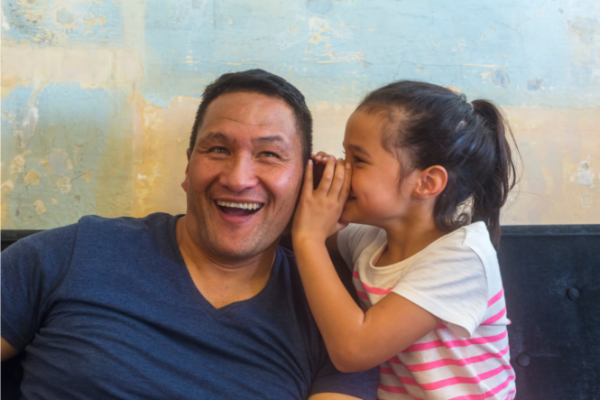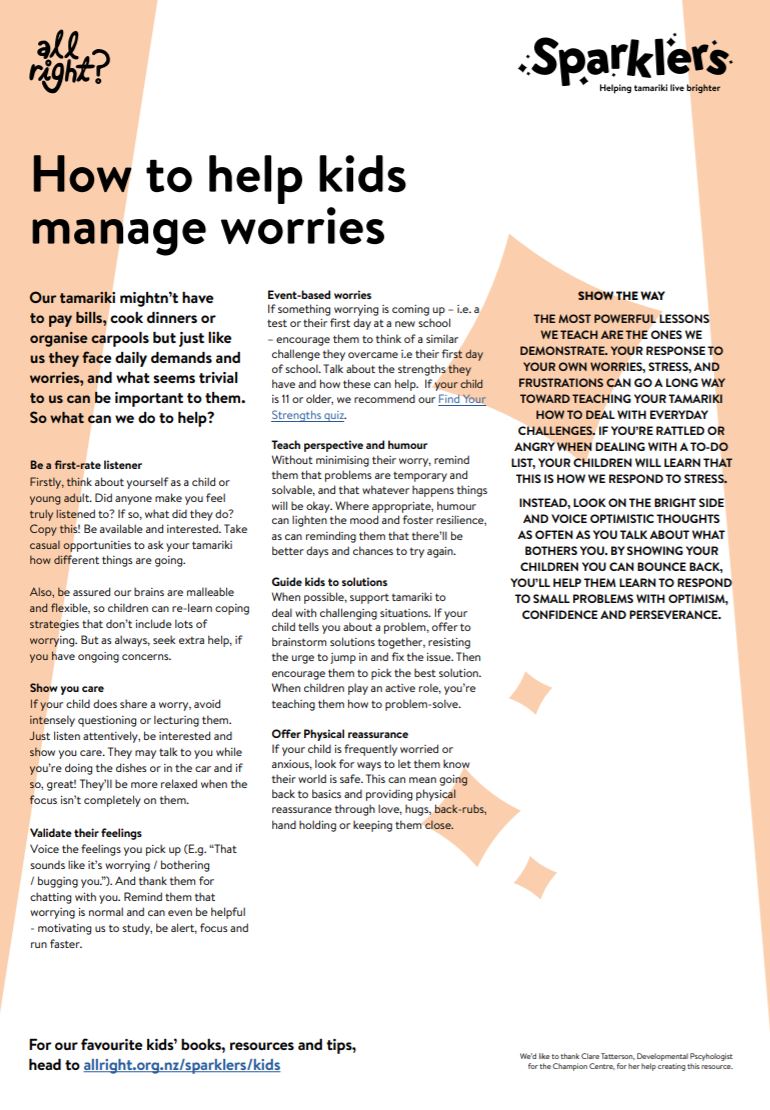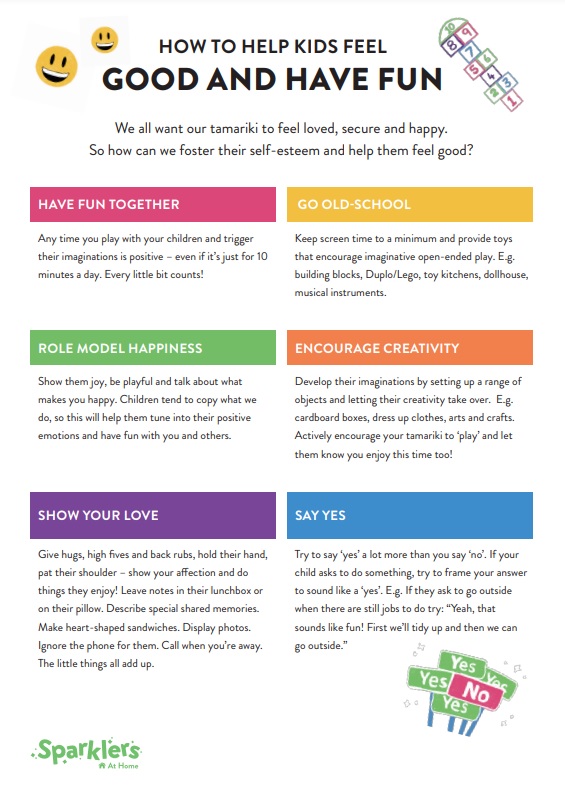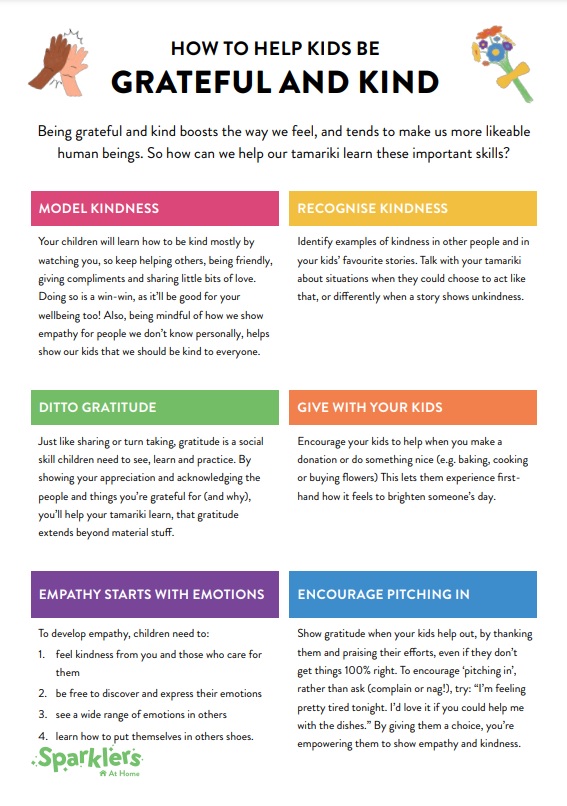There are often lots of frustrations for young children during this stage as their language skills are still developing. This makes it hard for them to express what they need, want or feel. Being frustrated sometimes results in behaviour that can be quite challenging. Talk about feelings with your child and how to recognise and cope with them.
How you interact with your child and others will help them develop empathy, and the skills of relating to and cooperating with others. If you show them how to behave by interacting in positive ways in your own relationships it will help them learn. Play with your child and show them how to take turns and share.
It’s important to give them lots of cuddles and let them know they’re loved, even when you disapprove of their difficult behaviour.
Preschoolers (3 to 5 years)
By this stage children are becoming very aware of themselves and of the people and things around them. Their communication and social skills are rapidly developing but they’ll still need help in recognising, expressing and controlling their feelings. Talk with them about appropriate behaviours and reward positive behaviours with attention and praise.
Encourage them to be independent by giving them tasks they can manage and teaching them age-appropriate skills. Praise them for their efforts. Try not to take over and do a task just because they get frustrated or aren’t doing it well, as they’ll pick up on your disapproval.
School age (6 to 12 years)
In this stage tamariki are developing their sense of self. They’re learning and practising a wide range of new and essential practical, social and emotional skills. They’ll be getting better at managing their emotions but might still struggle with the difficult ones such as anger or jealousy. Continue talking about feelings with your child and help them with strategies for dealing with negative emotions like disappointment. This will help build their resilience.
It's also a time for testing boundaries and rules, and challenging parental decisions. You’ll need to be clear about some rules that are non-negotiable, such as those that around safety, welfare and acceptable behaviour. However, there might be some that you can be flexible about. Kids need to know where the boundaries are, and difficult behaviour often comes from them being uncertain about what is or isn’t allowed. Where it’s appropriate and safe to do so, also let them experiences the natural consequences of their actions.










